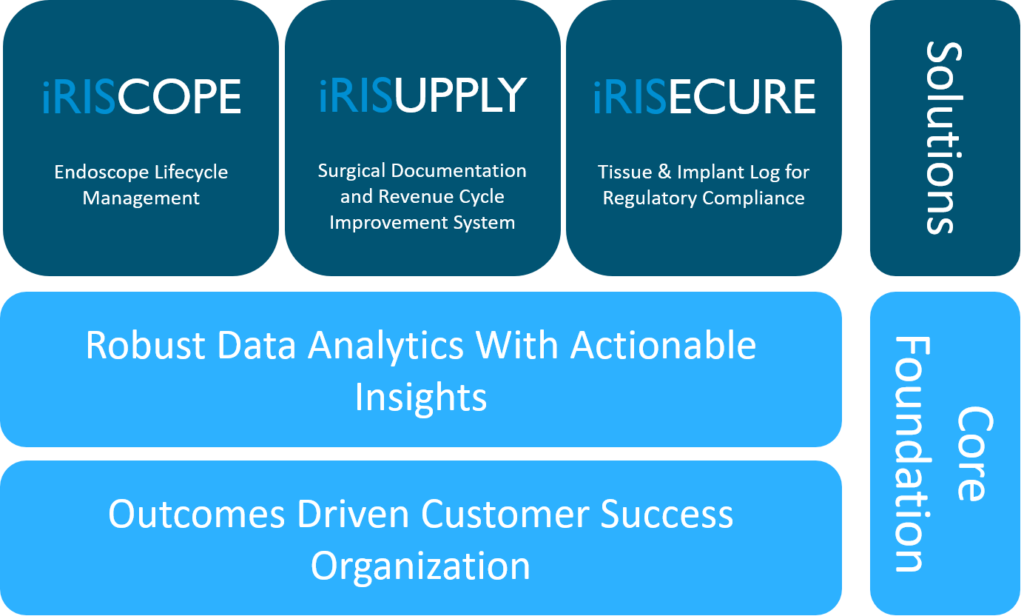Making Hospitals More Safe Data-Driven Efficient Analytical Profitable
Mobile Aspects is a global healthcare software company that helps hospitals become safer and more efficient. Our solutions provide hospitals with RFID-enabled software that help them to continuously improve their operations. Now that healthcare has evolved from a volume-based system to a value-based system, our approach to helping hospitals achieve the best in patient safety, regulatory compliance and cost-savings is one of the most timely and beneficial solutions you can provide for your organization. Many of the hospitals routinely ranked among the best in the nation (including 7 of the hospitals in the latest Honor Roll from U.S. News and World Report) must agree since they use our systems.
Our solutions leverage RFID technology to reduce the manual documentation burden placed on most hospital clinicians today. All transactions are processed by our software, which in turn provides actionable data analytics that can be analyzed by executives and clinicians alike to improve operations. By helping you to transition from an inefficient manual documentation system to one that is transparent, fast and accurate, we help you achieve greater savings in time, costs, and resources while also enabling better care for your patients.


